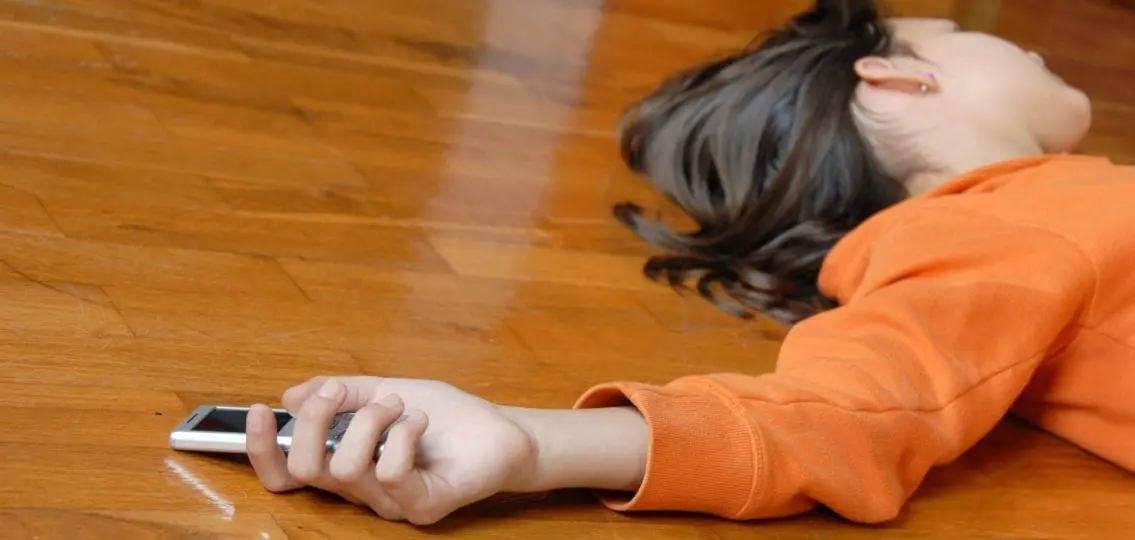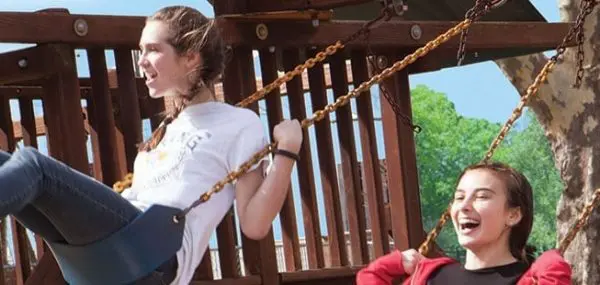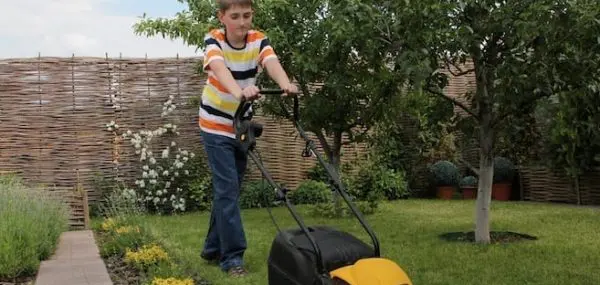“I’m so bored!”
For many parents, hearing this refrain all summer is like nails on chalkboard. Should parents suggest activities and try to help their teens entertain themselves? Here a mother and teenage daughter discuss her approach to her bored kids, and our panel of experts has advice on when to let a teen entertain themselves, and when to intervene.

MOM | Whitney Fleming
Being a tween/teen today is no joke. There are so many opportunities to participate in school activities, athletics, classes, and everything in between. There is a club or organization for nearly every interest, and practices, meetings, and service hours are on the calendar for what feels like every spare moment. Add to that the hours of homework and projects teens must complete.
With three tweens, I often feel like I am passing myself on the road taking someone somewhere. 5:00 a.m. on a Saturday: time to get up for a soccer tournament. 7:30 p.m. on a Thursday: orchestra concert. Friday at 4:00 p.m: art class.
It’s for this reason I want to pull my hair out when I hear these three simple words: “Mom, I’m bored.”
Perhaps kids are so overscheduled that they have no idea what to do with themselves when they have a moment of “free” time. Or perhaps in today’s iEverything age, teens don’t know what to do if a screen isn’t in front of them. Or perhaps they still want a parent to point them in the right direction, if even subconsciously.
When I hear from my about being bored, I often provide a wide list of responses, including: “Read a book,” “Take a walk,” or everyone’s favorite, “How about cleaning your room?”
To which the responses are often, “Nah,” “I don’t feel like it,” or “Never mind.”
Boredom is a great thing for tweens/teens. It means they have time to breathe and decompress from the external pressures they face.
But figuring out what to do with those 15 minutes between studying and soccer? Well, that’s on them.
Whitney Fleming is a freelance writer and social media consultant. She resides in the Chicago suburbs with her husband, three tween daughters, and her puppy, Jax. She blogs about parenting, relationships, and w(h)ine at playdatesonfridays.com.
DAUGHTER | Olivia Fleming
I love activities and hanging out with my friends. I take lessons and compete in Saddleback horse riding, and I also participate in orchestra, the stage crew of the school play, and clubs at school.
Bur I also like my “me” time. I have two sisters around my age, and we’re always doing stuff together, but sometimes I need a break. I’ll read a book or play on my phone, and I enjoy being by myself.
Other times I feel stuck. If I want to go somewhere or do something, one of my parents needs to drive me. Or if I just want to chill out and watch a movie or play on my phone, they complain that I’m on electronics too much. So yeah, sometimes I really am just bored and feel like I have nothing to do.
I think I say I’m bored because I’m looking for some company or just want to chat for a few minutes. It’s my way of trying to see if the other person wants to hang out. Sometimes, it’s probably because I don’t feel like doing whatever it is I’m should be doing, like unloading the dishwasher or studying for a test. (Boring.)
Adults seem to get irritable whenever a kid says, “I’m bored,” like it’s the worst thing they could ever say and they’re just complaining all the time. I think we are just being honest.
I think it’s OK to say you are bored if that’s the way you are feeling. And you never know what someone else may come up with as an idea for doing something fun—like the time I said I was bored and my mom told me to help make dinner for the family. Now I know how to make spaghetti and meatballs all on my own!
Olivia Fleming is 12 years old and entering the seventh grade this year. She enjoys playing the cello, riding horses, reading, and cooking.
ADVICE FROM THE EXPERTS
We talked to the experts about how to respond your bored kids. Here’s how to understand it, and what to do and say about it:
Boredom and creativity. Dr. Karen Gaskin, an associate professor of psychology at Penn State University who has researched the connection between boredom and creativity, says not to write off all boredom as bad. “Sometimes a little boredom can be productive, for it can help spark kids’ imagination—encouraging them to see their everyday environment in a new and interesting way.”
Don’t ignore boredom. At the same time, Carl Pickhardt, Ph.D., a psychologist in Austin, Texas, and author of Surviving?Your Child’s Adolescence, cautions parents not to trivialize boredom, as it can be a symptom of a search for connection. “Passing boredom is okay, but protracted boredom is not,” Pickhardt says.
“For the teen who cannot find a positive way to connect with herself, who cannot mobilize resources to get unstuck and positively engaged, parents can be door-openers and activity directors: ‘Since you can’t find a good way to occupy yourself this afternoon, just for 15 minutes, I’d like you to try this.’”
What does being bored mean? Amy Speidel, a certified parent coach based in Cleveland, agrees that parents can help young people get unstuck. We can explain to teens that boredom is “the brain’s way of saying, ‘I want novelty; give me something exciting.’” Their brains, Speidel says, “are looking for a boost.”
Try to be patient with teen boredom. It’s a natural parental response, but Speidel suggests we try to avoid feeling irritated when teens say they’re bored. It’s part of life, just like feeling hunger in our stomachs. We can coach our kids to ask themselves, “What would my brain like for nourishment?” just as we would encourage them to find something to eat when they’re hungry.
What to say in that moment to bored kids? Speidel’s advice indicates Whitney was on track when she suggested Olivia help make dinner. “Your brain’s looking for something to do,” Speidel counsels parents to say and to suggest a few options for the teen. Puzzles, exploring outside, walking a pet, calling a friend, knitting—the possibilities are endless.

It’s helpful if parents have a mental “fridge” full of options for “brain hunger,” just like we have a fridge full of options for stomach hunger. (A physical jar full of ideas for activities “to jar the brain” is also a possibility.) Then, the next step is on them.




